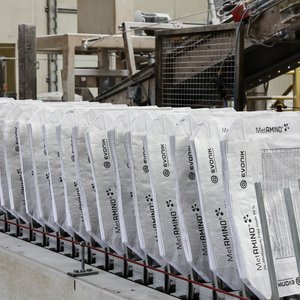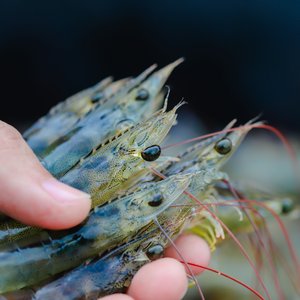Vietnam aquaculture threatened by shortage of quality fry
Vitnam's US$4 billion seafood export market is at risk from lack of quality assured broodstock and fry to maintain sustainable production and be competitive on the world market.
Ninh Thuan Province has around 1,400 hatcheries that can turn out 12-15 billion fry per year. However, only 40% of the farms can meet quality standards of seafood processors, according to Nguyen Khac Lan, head of the provincial Aquaculture Bureau. Most are small, private farms that do not follow any technical processes, Lan told a seminar on sustainable development of the seafood industry in HCMC.
Vinh Long Province needs around 1.3 billion tra and basa fish fry per year but local farms provide only 62%. Many enterprises have to buy on the market without origin and quality guarantees, said Nguyen Thi Thu Hong, deputy head of the provincial Aquaculture Bureau.
Meanwhile, nearly 95% of seafood breeds in Long An Province have been bought outside the locality. As a result, local enterprises cannot check the quality.
Delegates at the seminar were concerned that Vietnam had yet to release national quality standards for tra, basa, tiger or white-legged shrimp to help authorities check the products.
Ninh Thuan is the largest tiger and white-legged shrimp producing province in Vietnam but most broodstock is wild caught.
Due to the shortage of fry, many farm owners have used drugs to induce spawning to meet demand. Some farms in Vinh Long Province reportedly use drugs to induce spawning in two-year-old broodstock, a year earlier than they should reproduce. The Ministry of Agriculture and Rural Development issued regulations but most localities have ignored them. Shortcomings have also arisen since animal health departments were assigned to inspect fish and shrimp quality. Aquaculture departments have to ask animal health workers to inspect farms suspected of having substandard stock, giving farm owners time to sell them before inspectors arrive, the delegates explained.
[Source: VietNamNet Bridge - http://english.vietnamnet.vn]










